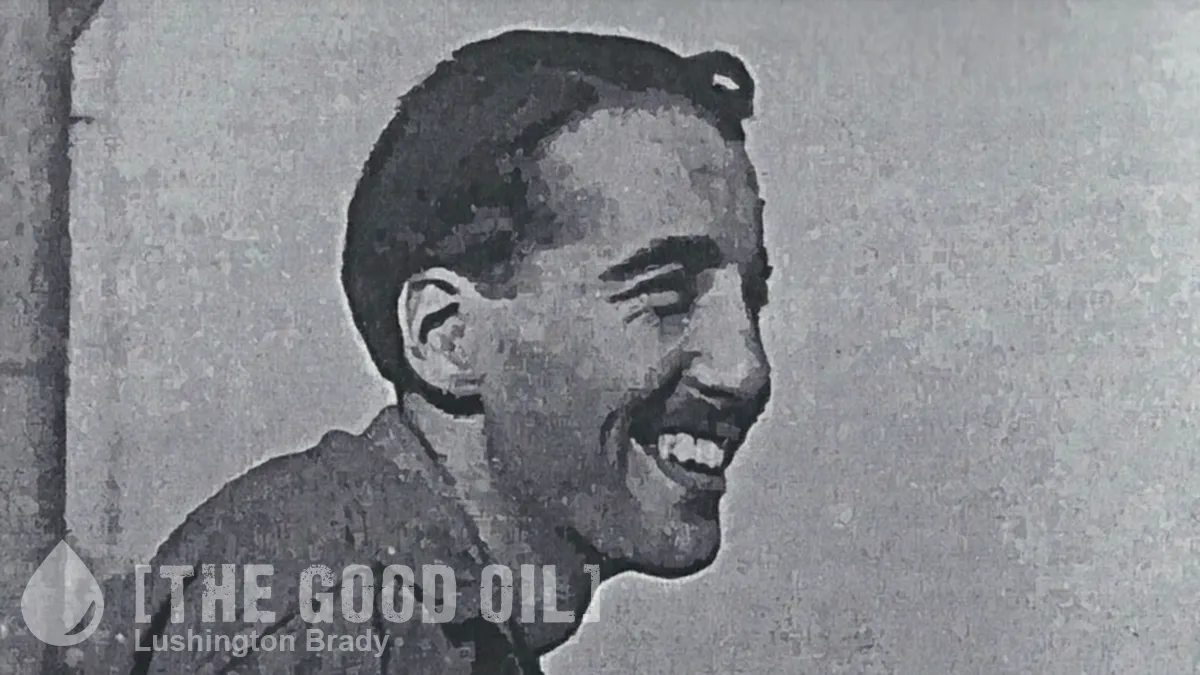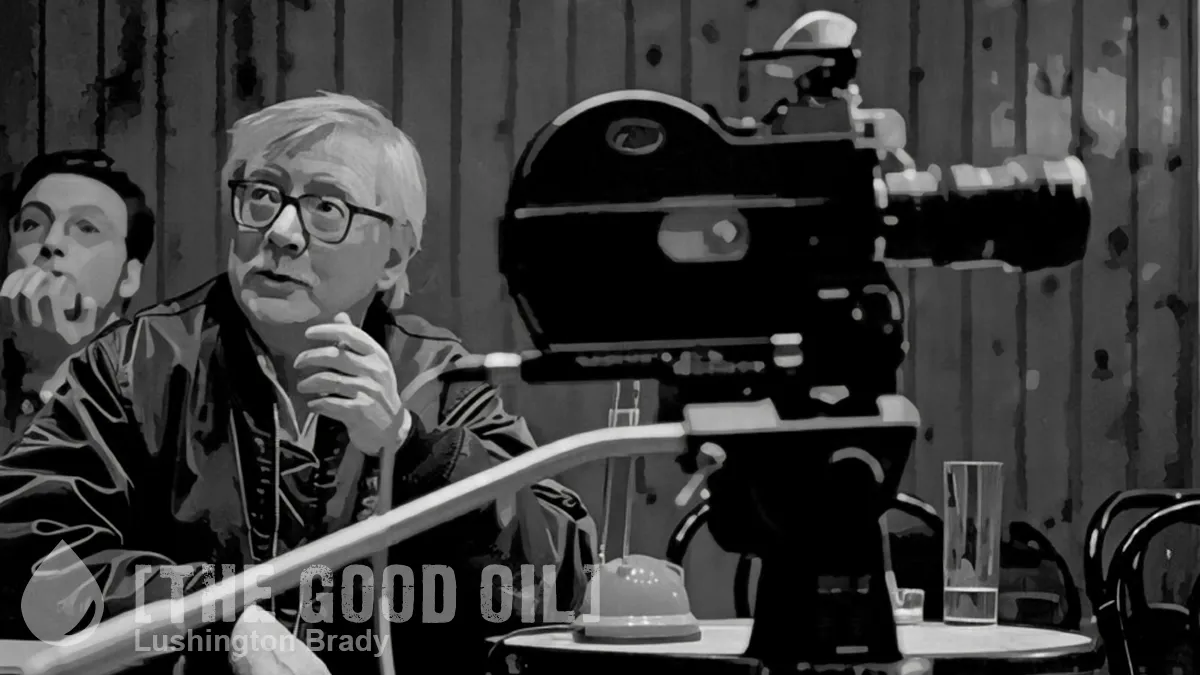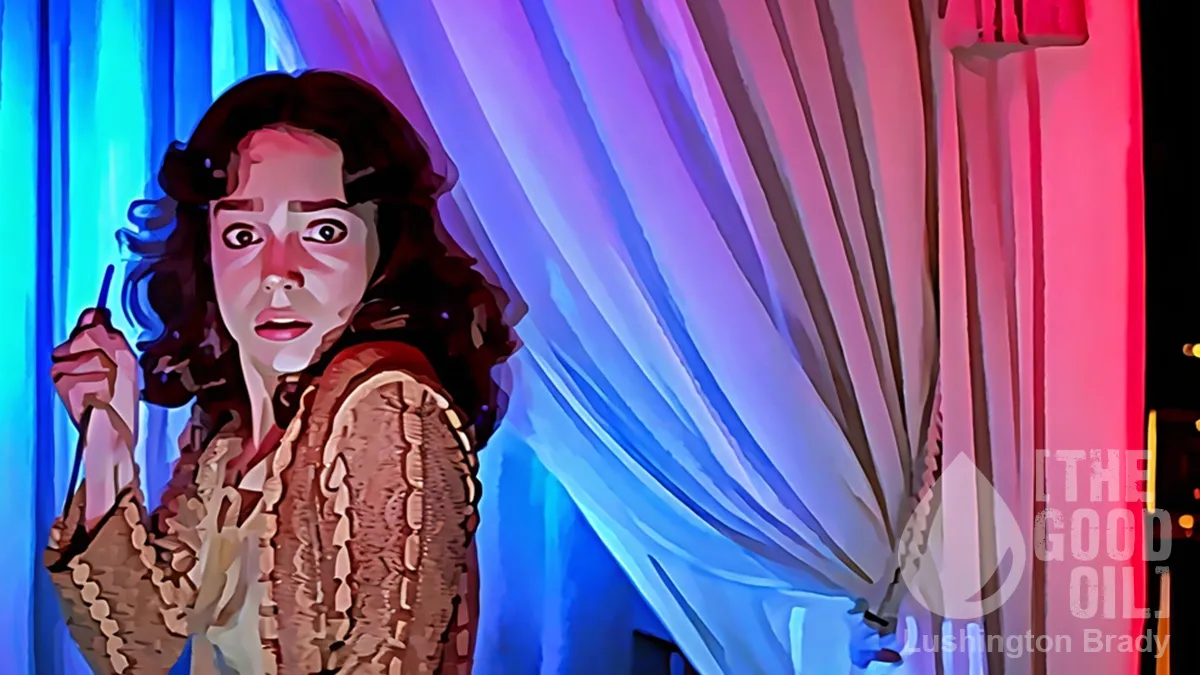Table of Contents
Burn, Hollywood, Burn
A regular review by John Black
Jojo Rabbit, the new film by Taika Waititi, isn’t as brave or as clever as many critics, and no doubt the filmmaker himself, seem to think. Remember this is the same gentleman who proclaimed his homeland ‘Racist as F*#K’, after some bad experiences in his youth, despite the fact that the clearly not-so-racist New Zealand Film Commission generously funded his films before his move to Hollywood (thanks racist taxpayers) and he was voted New Zealander of the Year in 2017 (thanks racist judging panel). So perhaps clever isn’t his thing.
Gratitude certainly isn’t.
I’d like to appraise Jojo purely on its merits as a film. If I could, I would tell you it’s a good-hearted tale of a young Hitler yoofer learning not to hate – having the anti-Semitism drummed into him, drummed out again by (as with all fanaticism) a collision with reality in the form of an actual Jewish girl hiding in his house. It’s got fine performances, some funny sequences and a great soundtrack of familiar pop songs re-sung in German (most amusingly, the Beatles ‘I Wanna Hold Your Hand’ over Beatlemania-like images of the Fuhrer).
But I can’t because Waititi won’t let me. He keeps inserting himself and his desperate didacticism into the movie. The only radical element in an otherwise conventional plot is the young German Jojo’s imaginary friend taking the form of Adolf Hitler – played by Waititi himself. His Hitler is a buffoonish caricature – energetically gurning for the camera and flapping his arms like…well the real guy. The trouble with the peculiarly moustachioed one – now if not then, is he’s become a cartoon. Here, the shock of seeing the genocidal dictator prancing like a tit quickly fades and is replaced with irritation as he starts to clash tonally with the rest of the film. Waititi obviously enjoys sending up the Fuhrer, but it becomes distracting. Waititi is even prepared to destroy the conceit of his Hitler being a figment of Jojo’s imagination by including a brief scene where he watches Jojo and his mother from behind a wall.
When the actor is the director and the writer, whose job is quality control?
There’s plenty to amuse here: Adolf telling Jojo to ‘Heil me, man.’, the insanity of the Hitler Youth camp, Brit Stephen Merchant as a creepy Gestapo agent (although one of the best gags about the supposed unique biology of Jews is a straight steal from Woody Allen’s Love and Death). The love story of Jojo and the Jewish girl is affecting with Waititi showing his ability (as in Boy) to get great performances out of child actors. But it’s when Waititi aims for clever, that the film misses. The dialogue has a contrived, knowing feel. Merchant’s Gestapo agent remarks that Jojo’s room with its Hitler posters is ‘Just the kind of mindless fanaticism I like to see in a young boy’s bedroom’. Funny perhaps, but obviously the Gestapo agent wouldn’t think devotion to Hitler ‘mindless’. These are characters as clumsy mouthpieces of the writer’s views not autonomous creations. The children in the film are also given to spouting heavy thematic utterances far more than a deft writer would allow.
But aren’t these criticisms beside the point, excusable in this time of ‘rising white nationalism’, when the most important thing is to remind us clueless plebs that Nazis are bad? Vanity Fair seems to think so.
Elsewhere, the actors in a self-congratulatory manner typical of their profession have called it a ‘brave, audacious movie to be making in 2019’.
Brave? Hitler and the Nazis have been dead for nearly seventy-five years. If an ‘artist’ today lampoons the Third Reich, the SS doesn’t break down their door. On the contrary, they get so many back-slaps from the media they need to see a chiropractor.
Firefighters are brave. Soldiers and police officers are brave. ‘Artists’ unless they live in China or North Korea are not brave.
But one that came close was a certain Charles Chaplin. His ‘The Great Dictator’ spoofing Hitler and fascism was begun in 1938 before war with Germany, causing headaches for movie execs unwilling to challenge American neutrality. The UK, anxious for the success of appeasement, had planned to ban the film’s distribution. When released it was actually banned in parts of South America and of course in occupied Europe.
If Mr Waititi really wanted to attempt artistic ‘bravery’ he could risk his reputation (and Hollywood cash) taking on the authoritarians of our own time. And who are they?
Well here’s a clue Mr Waititi (I doubt he’s a BFD reader, but you never know), throughout your movie you satirise the appalling manipulation and propagandising of young minds by the Nazis.
Did someone say ‘Greta’?
https://thebfd.co.nz/2019/10/joker-the-case-for-nilhilism/ https://thebfd.co.nz/2019/09/top-5-grumpy-old-man-revenge-movies/ https://thebfd.co.nz/2019/10/are-they-coming-for-james-bond-next/









